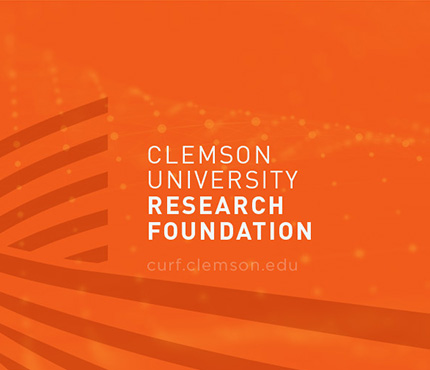Keywords: Agriculture, Plant Growth
Market Overview
Climate change has widely impacted crop productivity due to frequent changes in various environmental factors, such as drought, salinity, heat, and disease. To address the need for hardier crops under changing climate conditions, researchers at Clemson University are exploring the feasibility of combining multiple favorable traits brought by individual genes to acquire superior plant performance through gene stacking. The researchers have proposed a novel biotechnology through combining three specific genes that boost plant performance under adverse environmental conditions and enhance crop yield. The technology was developed in perennial grass species and can be extended to food and other economically important crop species. This technology is part of the global genetically modified crops market, which was valued at $21.08 billion in 2022 and is expected to grow at a CAGR of 5.9% to $28.03 billion by 2027.
Applications:
Plant breeding
Technical Summary:
The technology is comprised of three genes. These genes are known for their ability to improve plant performance and tolerate various abiotic stresses. Transgenic plants overexpressing these three genes performed significantly better than wild-type controls. Genetically modified plants expressing specific genes showed improved growth and resilience under both normal conditions and various environmental stresses. These plants demonstrated enhanced tolerance to drought, salinity, heat, and nutrient deficiencies (nitrogen and phosphate). The improvements were linked to changes in the plants' physiological and biochemical traits, as well as carefully regulated expression of genes involved in stress responses. The results suggest that these three genes function synergistically to regulate plant development and stress response, leading to superior overall performance in both normal and adverse environments.
Advantages:
- A new approach that enhances crop resistance to biotic and abiotic stresses.
- miR169 is proven to be a key coordinator in plant development and stress responses, including drought and salt stresses.
- Significant market size as the novel approach can be applied to various crop species.
Technology Overview
State of Development
TRL 2`
Category
CURF Reference No.
2024-016
Inventors
Dr. Hung Luo, Dr. Qian Hu
For More Info, Contact:
Thava Thavarajah, PhD
Business Development Associate
E: pthavar@clemson.edu
P: (864) 656-5708
Contact
Latest News from CURF
Stay up-to-date with the latest trends in the innovation and research industry. Sign up for our newsletter to see how CURF is making a difference and impacting the economy where we live.









